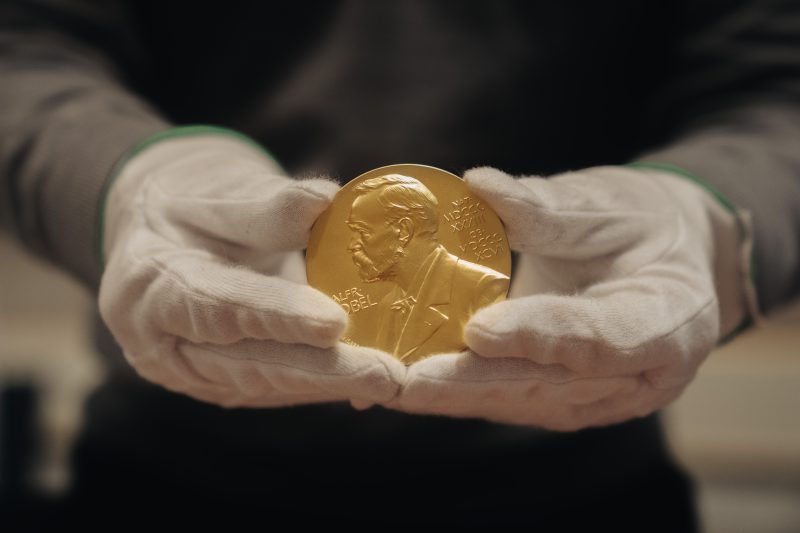
Stockholm calling
The first week in October is special to anyone with an interest in science – this is when the new Nobel Prize Laureates are announced. Somebody might get that call from Stockholm, telling them about the happy news before the official announcement at the press conferences.
In this blog post, some of our bloggers speculate who might get a call this year.
Who is the race for this year’s Nobel Prize in Physiology or Medicine? Let’s place our bets!
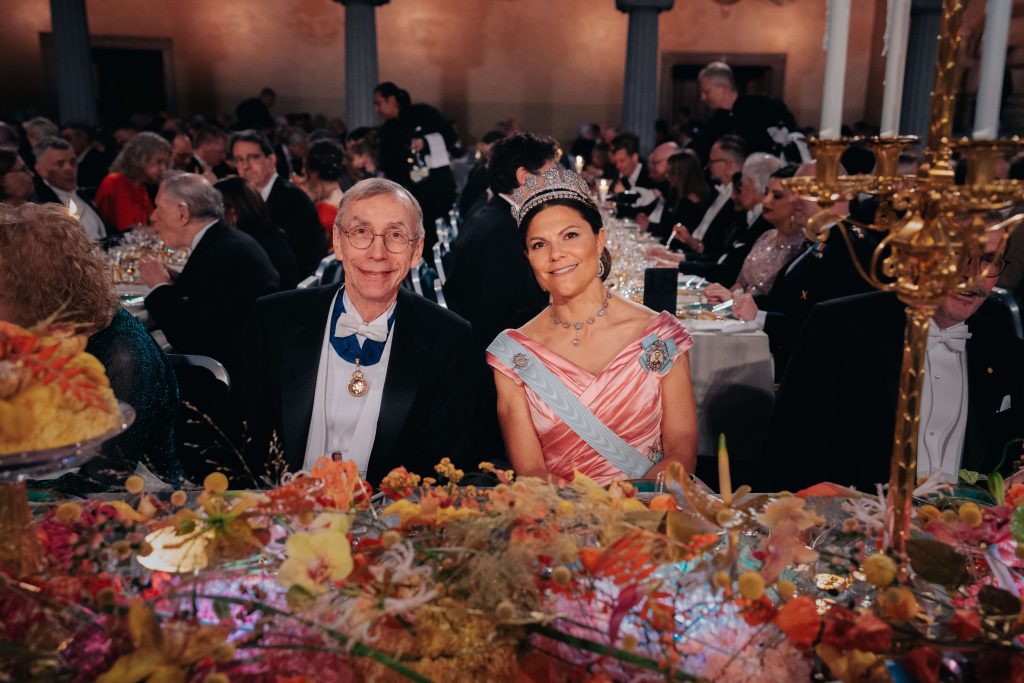
By Ioanna Tsea
Predicting who’ll win the Nobel Prize in Physiology and Medicine is a bit like trying to predict which Netflix show will be the next big hit – it’s a tricky business! But hey, there are some scientists and fields that are turning heads and making us think, “Could this be their year?”
1. COVID-19 Vaccine Heroes ?
You’ve probably heard about those mRNA vaccines that swept in to save the day during the COVID-19 pandemic. Well, Dr. Katalin Karikó and Dr. Drew Weissman are the brilliant minds behind them. They turbocharged vaccine development like never before, and the world watched in awe. Could their groundbreaking work be Nobel-worthy? We’re leaning toward a big, fat “maybe!”
2. Super Cancer Fighters ?
Cancer is a formidable opponent, but these scientists are bringing some serious firepower. Ever heard of CAR-T cell therapy? It’s basically the Avengers of cancer treatment. Dr. Carl June and Dr. Stanley Riddell are leading the charge in this innovative field. They’re reprogramming our own immune cells to take down cancer, and it’s nothing short of revolutionary.
3. Gene-Editing Gurus ✂️
CRISPR-Cas9, the gene-editing wizardry, already bagged the Chemistry Nobel in 2020. But guess what? In the coming years, we might see Nobel recognition for scientists who make groundbreaking advancements in the precision and safety of CRISPR-based treatments or those who find innovative applications that impact various aspects of our lives like Dr. Feng Zhang and Dr. George Church. It’s a field ripe with potential, and the Nobel spotlight might shine on CRISPR once again in the near future. Keep your eyes on the horizon for exciting developments in the world of gene editing!
4. Brainiacs Unite! ?
Alzheimer’s, and Parkinson’s disease are some of the toughest puzzles in medicine. But scientists like Dr. John Hardy, Dr. Bart De Strooper, and Dr. Michel Goedert are diving headfirst into these mysteries. They’re the detectives of the medical world, piecing together clues to understand these complex brain disorders.
5. Infectious Diseases and Vaccines ?️
With COVID-19 still hanging around, anyone who’s making strides in vaccines or infectious diseases is in the spotlight. The pandemic has shown us just how crucial this field is, so don’t be surprised if someone in this arena gets a nod from the Nobel committee.
Now, remember, Nobel Prizes often celebrate groups, not just individuals. And there’s always an element of unpredictability in the mix. That’s part of what makes the Nobel Prize so magical! So, let’s place our bets and stay tuned for the big reveal.
First the Lasker, then a Nobel
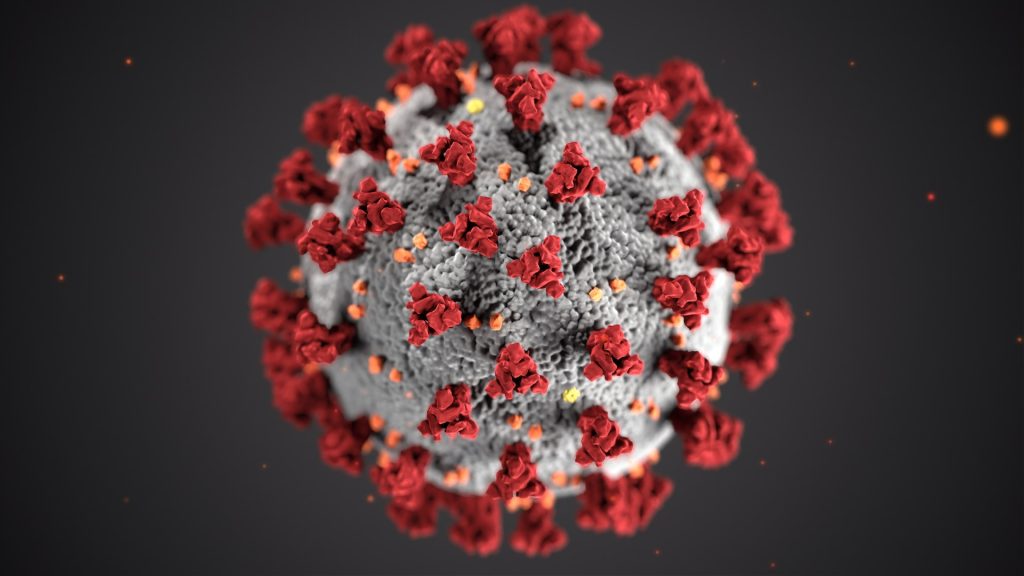
By Oksana Goroshchuk
Did you know that many Nobel Prize laureates also hold prestigious Lasker Foundation prizes? As we ponder who might receive the Nobel Prize in Physiology or Medicine this year, let’s draw inspiration from the remarkable researchers whose groundbreaking work has not only earned them accolades but has also saved countless lives.
In 2021, the Lasker Foundation recognized the incredible achievements of two scientists, Katalin Karikó and Drew Weissman. They were honoured “For the discovery of a groundbreaking therapeutic technology centred on the modification of messenger RNA—revolutionizing the rapid development of highly effective Covid-19 vaccines.”
In her speech, Katalin Karikó shared her profound fascination with the potential of mRNA since she was an undergrad in the 1970s. However, the journey of modifying mRNA proved to be a formidable challenge. It demanded countless hours of tireless effort, unwavering collaboration, and persistent troubleshooting.
As I delved into the essence of this remarkable discovery, I was reminded again of the paramount virtues of openness, curiosity, and unwavering focus in scientific research. Although Karikó and Weissman maintained their focus on mRNA, their approach was anything but one-dimensional. They harnessed the versatility of various models and innovative approaches to rigorously test their hypotheses, ultimately achieving the remarkable goal of reducing mRNA’s immunogenicity. Another pivotal moment in their journey was their collaboration with Derick Rossi, who would later co-found the groundbreaking company, Moderna.
Karikó and Weissman’s story is a testament to the power of scientific curiosity, relentless dedication, and collaborative spirit. It underscores that even the most formidable challenges can be overcome with determination and a commitment to innovation.
Hoping for more Egyptian science success
By Hager Saleh
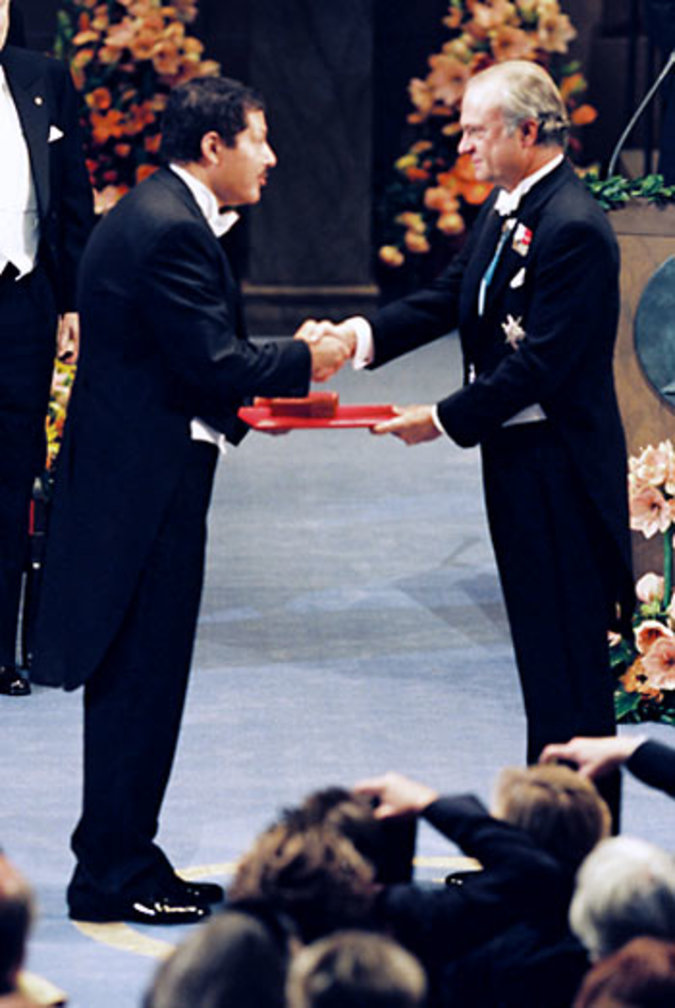
Speaking of Nobel Week, I can’t forget about Ahmed Zewail. He’s the only Egyptian who has ever won a Nobel Prize in science, and he got it in 1999 for Chemistry. I first heard about Zewail when I was in primary school. There was a lesson about his amazing scientific work. I remember that day vividly, sitting and reading about his achievements. I felt so proud, even though I was just a little girl. Later, I saw the news that he had won the Nobel Prize, and the whole country was thrilled. It was a moment that inspired not just me, but a whole generation. It showed us that Egyptian scientists could do incredible things on the world stage. Back then, I couldn’t have imagined that I would one day live in the city of the Nobel Prizes and even study at the institution that hosts the Nobel Assembly for the Nobel Prize in Medicine or Physiology.
Now, as Nobel Week comes around again, the excitement is building. Like many others, I’m really hoping that we’ll see another Egyptian scientist achieve something amazing. We want to see one of our own make a big contribution to human knowledge and become a Nobel laureate. As we eagerly wait for the Nobel announcements, we’re full of hope and excitement. I can’t help but imagine that soon, another Egyptian name might join the list of famous scientists in history.
The sun is shining and so are you
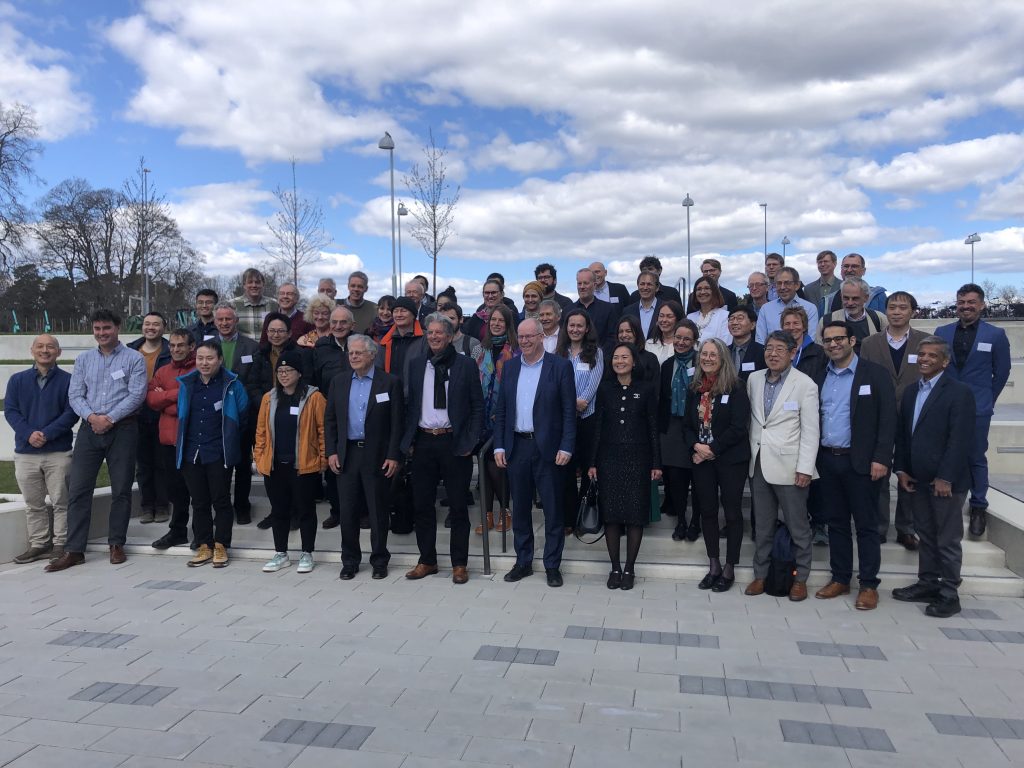
By Natalie von der Lehr
I actually wonder what it feels like to be expecting a Nobel Prize. Can you sleep the night before the announcement? Do you have a bottle of champagne cooling, just in case? And how does it then feel not to get the Prize – again?
This May I was invited to the Nobel Symposium ”Efficient Light to Electric Power Conversion for a Renewable Energy Future” where the leading experts in the world gathered to discuss advances within solar power. My task was to listen, do interviews and put everything together in a podcast episode for SCAS Talks.
If you are a leading scientist within a field and get invited to a Nobel Symposium organized by not one, but two Nobel Committees the thought that you might be on the list for a Nobel Prize in the future is maybe not that farfetched. And it was obvious that some of the speakers were expecting that phone call from Stockholm any year soon. A lot of talks felt like keynotes, or even like a rehearsal for the Nobel Lecture to come, everybody was well dressed, polite and agreed to interviews. Which was great for me of course.
The three days of the symposium were intense, and I found myself convinced – of course the field of solar power research should get a Nobel Prize. After all this is one of the major sustainable energy sources of the present and will be even more important in the future. So, this year I will listen extra carefully to the announcements of the Nobel Prize in Physics (Tuesday Oct 3rd) and Chemistry (Wednesday Oct 4th). Hopefully at least one of my new friends from the symposium can open that champagne bottle that happened to be cooling.
Watch the announcements of the Nobel Prize: https://www.nobelprize.org/

1 comments